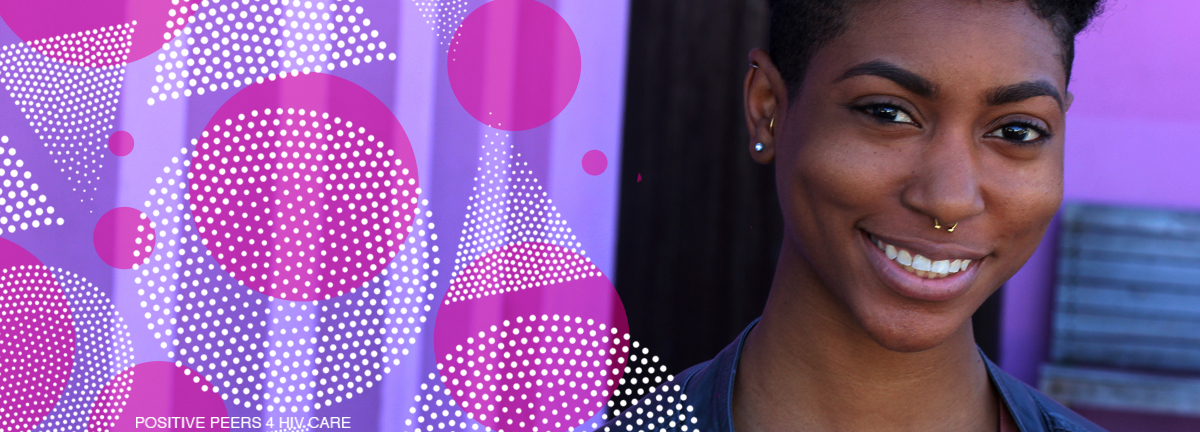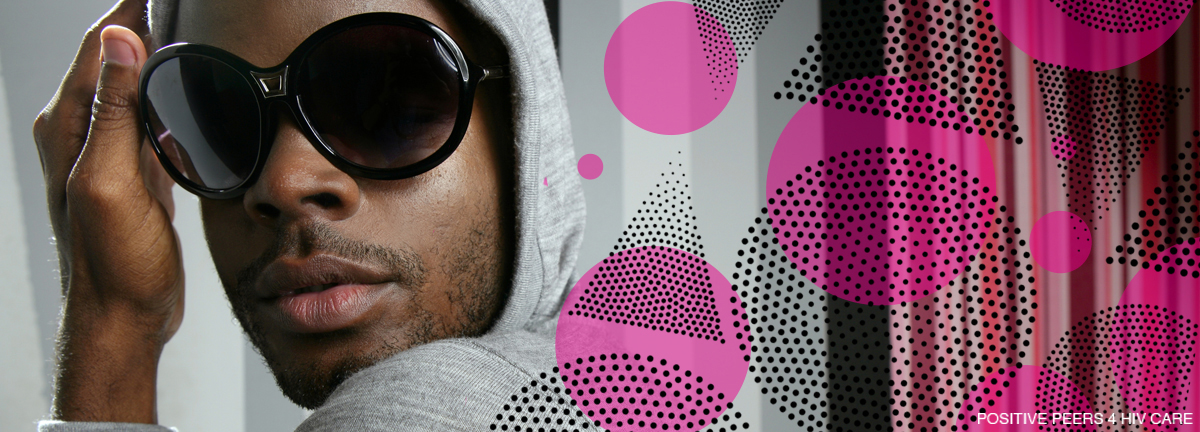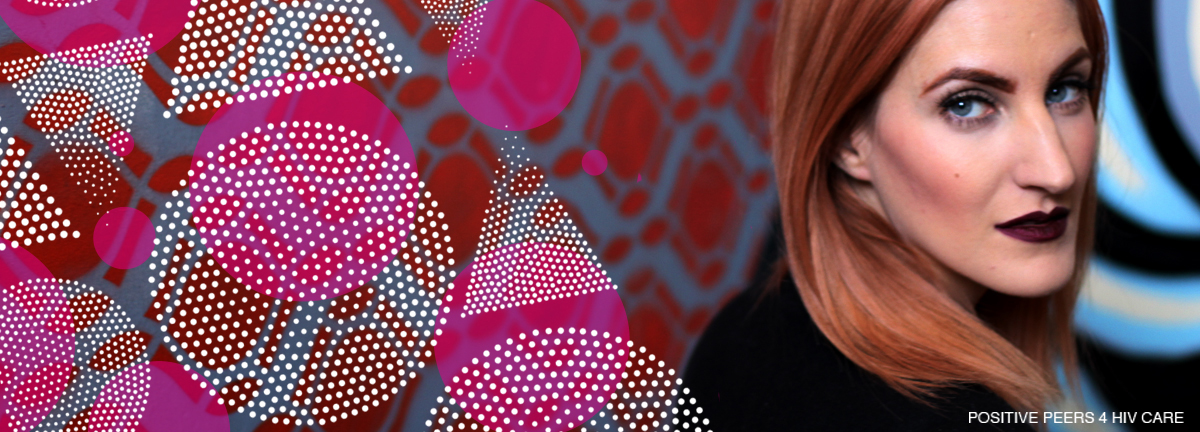As a trans person, you know you can’t change the world overnight. For some, acceptance might be a long road to walk down.

By: Ann K. Avery, MD, Infectious Disease Physician at MetroHealth Medical Center
But there is one thing you can change overnight: your outlook on HIV. If you are living with HIV, a doctor can prescribe powerful anti-retroviral medications that can keep you healthy. Taking these meds as prescribed also significantly reduces the likelihood of transmitting HIV to somebody else.
Roughly one-fifth of all transgender women are HIV positive, according to research studies. In some communities, half of all transgender women are living with HIV.
Those statistics say trans people are at a higher risk of getting infected with HIV. But the stats don’t know a thing about being trans. They don’t know how strong you had to be to make it this far.
The same strength that gets you through every day can help you do two important things: keeping yourself healthy and helping other trans people stay healthy as well.
Transgender HIV Prevention: What You Need to Do
Before you can prevent HIV, you have to be clear about the risks of getting and transmitting the virus.

The most common risks are having unprotected sex and sharing needles when injecting drugs. When it comes to sex, using condoms and taking PrEP are two fantastic options that make acquiring HIV nearly impossible. As for protection when using, injecting drugs with clean, unused needles makes it extremely difficult for HIV to get into — and out of — your body.
So that’s a start on preventing HIV. It won’t always be easy if you’re under pressure to have unprotected sex or if you’re injecting your own hormones. But it’s a goal you can achieve for yourself!
If you need help, it’s out there. Find allies, get yourself a knowledgeable primary care physician (PCP) who treats you well, and reach out to a local resource like the LGBT Center of Greater Cleveland for additional support and resources. Having allies and knowing you're not alone are two of the strongest forces in your favor. Places like the health department, HIV providers, and community centers often have free condoms, lube, and other useful resources/programs to help keep you healthy.
Getting the Facts on HIV Medicines
Today’s anti-retroviral medicines can get rid of most of the HIV in your system — but not all of it. That’s why if you are HIV positive you should keep taking your meds every single day. If you stop, HIV comes roaring back.
Come join our private, stigma-free, supportive community.
Health management tools with medication & appointment reminders.
Social networking in a community conversation & private chats.
This might sound like a challenge for some, but if you’re already on hormone treatments or taking a daily multivitamin, you’re already used to taking regular medications. That makes it easier to get used to the habit of taking HIV meds. Once you get on your HIV treatment regimen, see if your doctors can work it out so that you get both HIV meds and hormone treatments at the same time.
If you haven’t tested positive for HIV, you might think about an HIV-prevention technique called PreP, which means pre-exposure prophylaxis. This is a once-daily pill that you can take to keep yourself HIV negative even if accidentally exposed to the virus. PreP is quite effective, up to 99%, but you have to take it for a week (anus, mouth, body) to three weeks (vagina) before it fully saturates and protects your whole body and then take it once a day everyday to keep yourself fully protected. If you have trouble staying on meds, PreP might not be the best option, but don't rule it out in any case.
If you’re already living with HIV, PrEP is potentially a good option for you negative partner(s). When combined with an undetectable viral load, PrEP offers as close to perfect protection as possible from HIV. It’s a two punch knockout that keeps HIV from infecting those you might share sexy time or injection drugs with.
The Three Keys to Transgender HIV Prevention

Health experts recommend a three-part strategy for HIV prevention:
- Testing for HIV every three months as long as you’re sexually active.
- Protecting yourself with safer sex (condoms & PrEP) and clean needles.
- Getting treatment via anti-retroviral therapies if you test positive.
These guidelines apply to everybody, regardless of gender identity or sexual orientation. The challenge is to apply them to your specific challenges as a trans person. It’s true that these tactics don’t do anything about the stigma, discrimination and transphobia you could deal with every day.
But here’s what they will do: keep you healthy so you and other trans people can band together, stand up for your rights, and fight for the acceptance you deserve.
Positive Peers is made possible through a U.S. Department of Health and Human Services Health Resources and Services Administration, HIV/AIDS Bureau Special Projects of National Significance (SPNS) Grant to The MetroHealth System. Click here for more information about the SPNS grant initiative.
Positive Peers is a private app for young people living with HIV. Learn how you can earn rewards for your participation.
